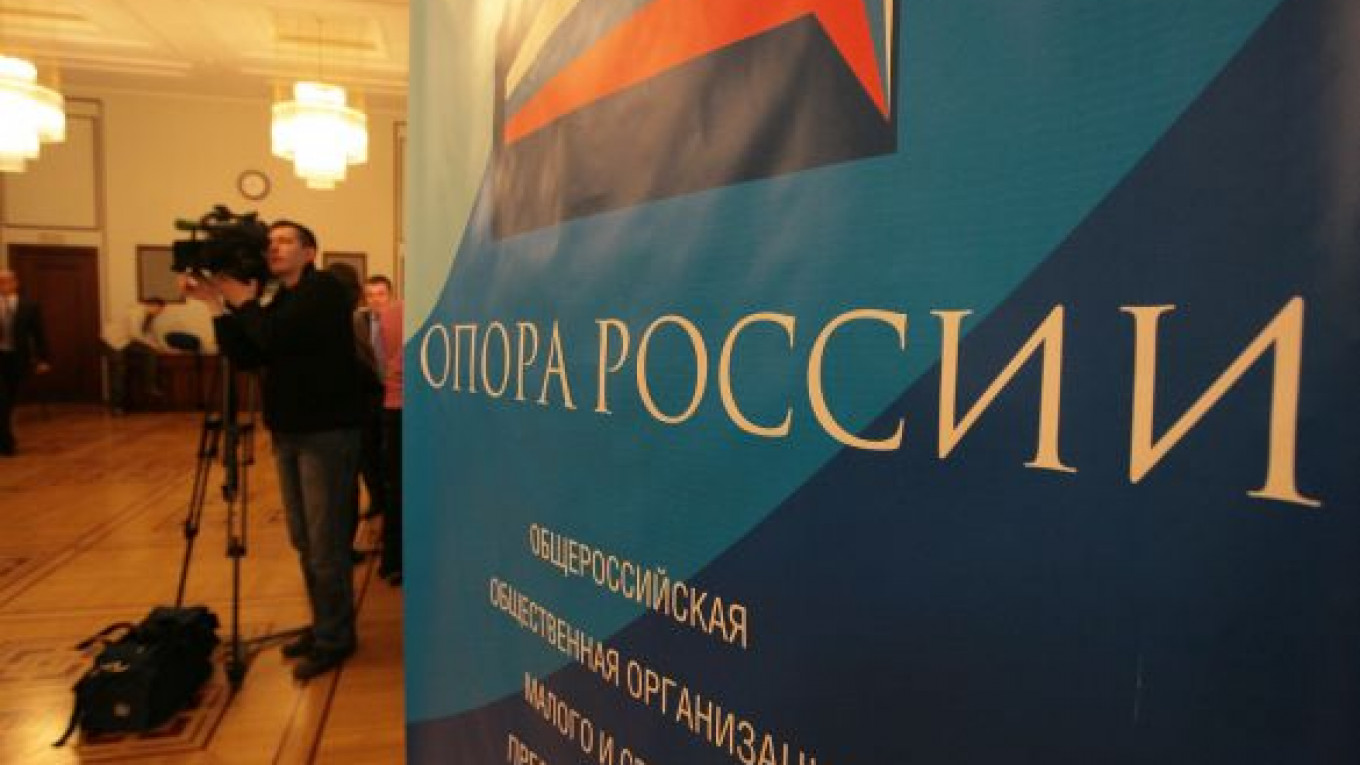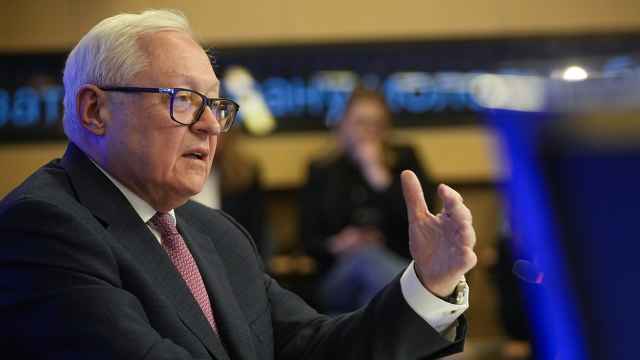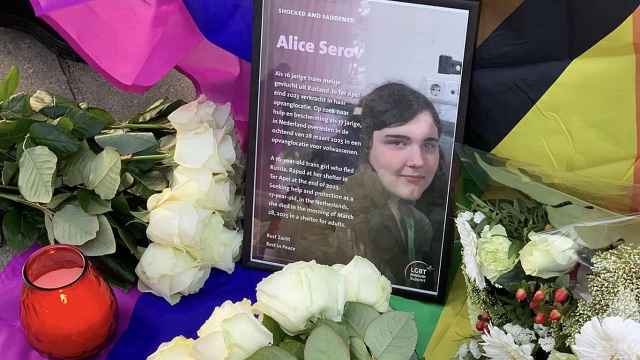At Wednesday's congress of a major business lobbying group, the president of the country pulled a no-show, the first deputy prime minister told the group to avoid politics and a State Duma deputy personally fielded business complaints.
The congress was the 10th annual gathering for Opora, a nationwide group for small and medium-sized businesses.
Using the slogan "Small Business Equals a New Economy," Opora promoted the forum as a high-level discussion of how to make small business the engine of development for the country's commodities-dependent economy.
Guests sparred with panelists on pressing topics — corruption, taxes, government relations, health care and the quality of the labor force — and listened to speeches from top federal officials on those same issues.
Yet they didn't get to hear from the most-anticipated guest in the program, President Vladimir Putin. No official explanation for his absence was given to the audience, and an Opora spokesman didn't return a text message asking why Putin didn't attend.
News reports have suggested that a back ailment is behind the recent cancellations of Putin's trips abroad and his sudden reticence to appear in Moscow.
On Wednesday, he was at his Novo-Ogaryovo residence, in the Moscow region, convening ministers to discuss the flagging pension system and sitting down with former French president Nicolas Sarkozy, the Kremlin website .
He also met there with officials to propose a relocation of top federal courts, RIA-Novosti reported.
The president issued a to Opora on the Kremlin site, however, saying that "through close cooperation with the government, you will continue to reliably protect the legal rights and interests of the domestic business community."
First Deputy Prime Minister Igor Shuvalov had a similar message during his speech at the forum. He concluded his remarks by telling the hundreds of small-business owners and Opora volunteers in the audience that Opora isn't a political player.
"I would like to entreat you with the following words: You aren't in the political arena," Shuvalov said. That "is a public fight for power. You are fighting for your rights."
The minister then went on to praise the group, calling its members "the best foundation for the development of the Russian economy."
"[Gazprom and Rosneft] are corporations that are extremely important for the Russian economy," he said. "But Russia's future is connected to the stability of the middle class."
Underscoring that idea, United Russia member and Duma Deputy Igor Rudensky spoke passionately at a morning panel on keeping businesses free from government interference.
Rudensky argued that transforming small-business ownership into a more socially acceptable way of making a living would reduce law enforcement crackdowns on such businesses.
"We need to change the [small-business] climate in society," he said.
After the panel, Rudensky, who is chairman of the Duma's committee on economic policy, innovative development and entrepreneurship, listened to complaints and accepted documents from a middle-aged businesswoman. They were partly handwritten.
Related articles:
A Message from The Moscow Times:
Dear readers,
We are facing unprecedented challenges. Russia's Prosecutor General's Office has designated The Moscow Times as an "undesirable" organization, criminalizing our work and putting our staff at risk of prosecution. This follows our earlier unjust labeling as a "foreign agent."
These actions are direct attempts to silence independent journalism in Russia. The authorities claim our work "discredits the decisions of the Russian leadership." We see things differently: we strive to provide accurate, unbiased reporting on Russia.
We, the journalists of The Moscow Times, refuse to be silenced. But to continue our work, we need your help.
Your support, no matter how small, makes a world of difference. If you can, please support us monthly starting from just $2. It's quick to set up, and every contribution makes a significant impact.
By supporting The Moscow Times, you're defending open, independent journalism in the face of repression. Thank you for standing with us.
Remind me later.






